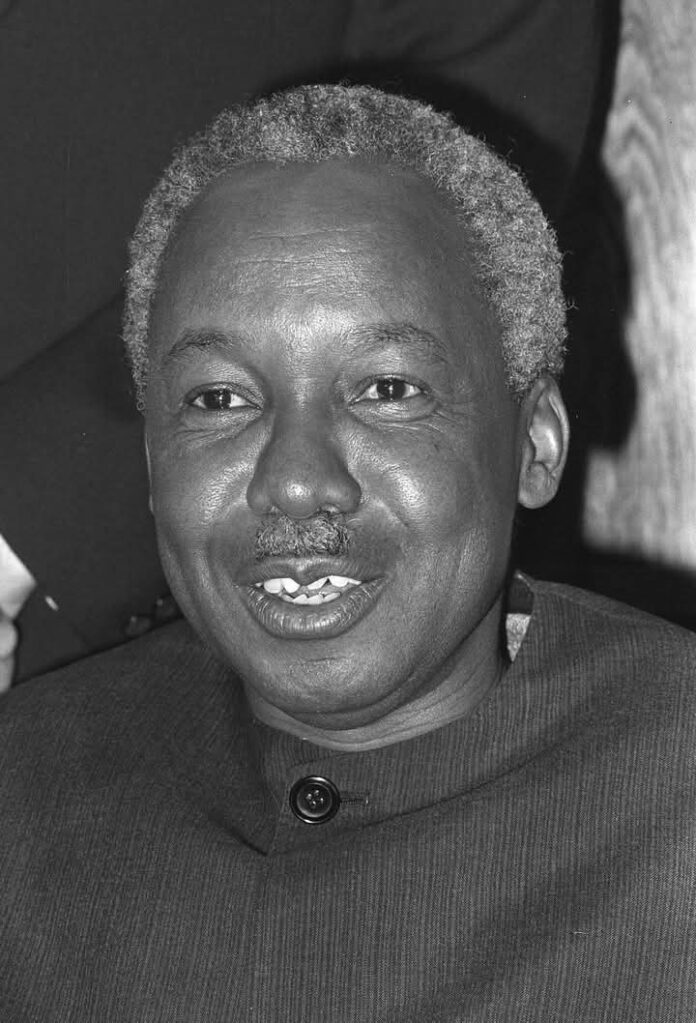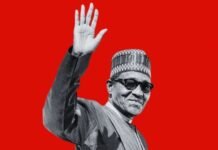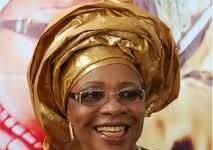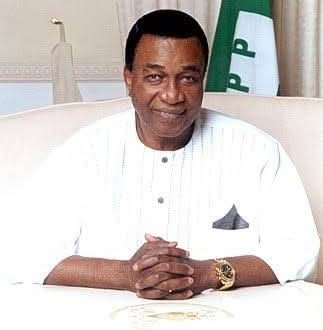Julius Kambarage Nyerere was a Tanzanian politician, anti-colonial activist, and political theorist. He governed Tanganyika as prime minister from 1961 to 1962 and then as president from 1962 to 1964, after which he led its successor state, Tanzania, as president from 1964 to 1985.
He was a founding member and chair of the Tanganyika African National Union (TANU) party and of its successor, Chama Cha Mapinduzi, from 1954 to 1990. Ideologically an African nationalist and African socialist, he promoted a political philosophy known as Ujamaa.
Born in Butiama, Mara, then in the British colony of Tanganyika, Nyerere was the son of a Zanaki chief. After completing his schooling, he studied at Makerere College in Uganda and then Edinburgh University in Scotland. In 1952 he returned to Tanganyika, married, and worked as a school teacher.
Champion of Independence and African Unity
In 1954, he helped form TANU, through which he campaigned for Tanganyikan independence from the British Empire. Influenced by the Indian independence leader Mahatma Gandhi, Nyerere preached non-violent protest to achieve this aim. Elected to the Legislative Council in the 1958–1959 elections, Nyerere then led TANU to victory at the 1960 general election, becoming prime minister.
Negotiations with the British authorities resulted in Tanganyikan’s independence in 1961. In 1962, Tanganyika became a republic, with Nyerere elected as its first president. His administration pursued decolonisation and the “Africanisation” of the civil service while promoting unity between indigenous Africans and the country’s Asian and European minorities. He encouraged the formation of a one-party state and unsuccessfully pursued the Pan-Africanist formation of an East African Federation with Uganda and Kenya. A 1963 mutiny within the army was suppressed with British assistance.
Following the Zanzibar Revolution of 1964, the island of Zanzibar was unified with Tanganyika to form Tanzania. After this, Nyerere placed a growing emphasis on national self-reliance and socialism. Although his socialism differed from that promoted by Marxism–Leninism, Tanzania developed close links with Mao Zedong’s China.
The Legacy of Ujamaa and Controversial Reforms
In 1967, Nyerere issued the Arusha Declaration which outlined his vision of ujamaa. Banks and other major industries and companies were nationalized; education and healthcare were significantly expanded.
Renewed emphasis was placed on agricultural development through the formation of communal farms, although these reforms hampered food production and left areas dependent on food aid. His government provided training and aid to anti-colonialist groups fighting white-minority rule throughout southern Africa and oversaw Tanzania’s 1978–1979 war with Uganda which resulted in the overthrow of Ugandan President Idi Amin.
In 1985, Nyerere stood down and was succeeded by Ali Hassan Mwinyi, who reversed many of Nyerere’s policies. He remained chair of Chama Cha Mapinduzi until 1990, supporting a transition to a multi-party system, and later served as mediator in attempts to end the Burundian Civil War.
Nyerere was a controversial figure. Across Africa he gained widespread respect as an anti-colonialist and in power received praise for ensuring that, unlike many of its neighbours, Tanzania remained stable and unified in the decades following independence.
His construction of the one-party state and use of detention without trial led to accusations of dictatorial governance, and he was also been blamed for economic mismanagement. He is held in deep respect within Tanzania, where he is often referred to by the Swahili honorific Mwalimu (“teacher“) and described as the “Father of the Nation“.
Julius Kambarage Nyerere was born on 13 April 1922 in Mwitongo, an area of the village of Butiama in Tanganyika’s Mara Region. He was one of 25 surviving children of Nyerere Burito, the chief of the Zanaki people. Burito had been born in 1860 and given the name “Nyerere” (“caterpillar” in Zanaki) after a plague of worm caterpillars infested the local area at the time of his birth.
Burito had been appointed chief in 1915, installed in that position by the German imperial administrators of what was then German East Africa; his position was also endorsed by the incoming British imperial administration. Burito had 22 wives, of whom Julius’ mother, Mugaya Nyang’ombe, was the fifth. She had been born in 1892 and had married the chief in 1907, when she was fifteen. Mugaya bore Burito four sons and four daughters, of which Nyerere was the second child; two of his siblings died in infancy.
These wives lived in various huts around Burito’s cattle corral, in the centre of which was his roundhouse. The Zanaki were one of the smallest of the 120 tribes in the British colony and were then sub-divided among eight chiefdoms; they would only be united under the kingship of Chief Wanzagi Nyerere, Burito’s half-brother, in the 1960s. Nyerere’s clan were the Abhakibhweege.
At birth, Nyerere was given the personal name “Mugendi” (“Walker” in Zanaki) but this was soon changed to “Kambarage“, the name of a female rain spirit, at the advice of a omugabhu diviner. Nyerere was raised into the polytheistic belief system of the Zanaki, and lived at his mother’s house, assisting in the farming of the millet, maize and cassava.
With other local boys he also took part in the herding of goats and cattle. At some point he underwent the Zanaki’s traditional circumcision ritual at Gabizuryo. As the son of a chief he was exposed to African-administered power and authority, and living in the compound gave him an appreciation for communal living that would influence his later political ideas.
To be continued…
iNSPIRED bY Njiko Igbo Forum
Like 👍, Comment, share this article, and Follow us on our social media handles.












